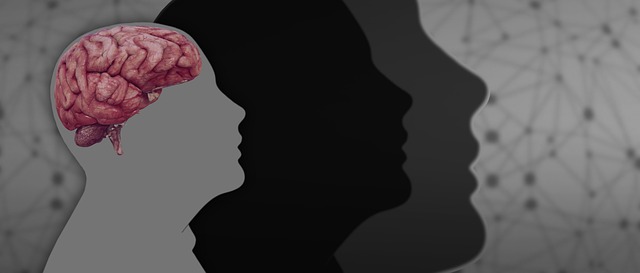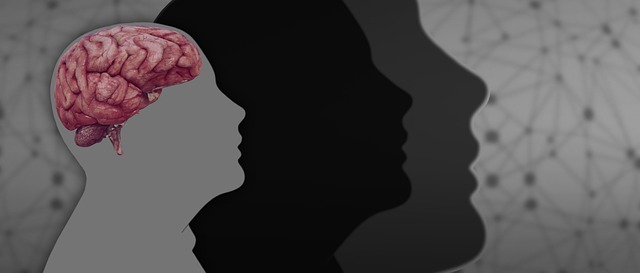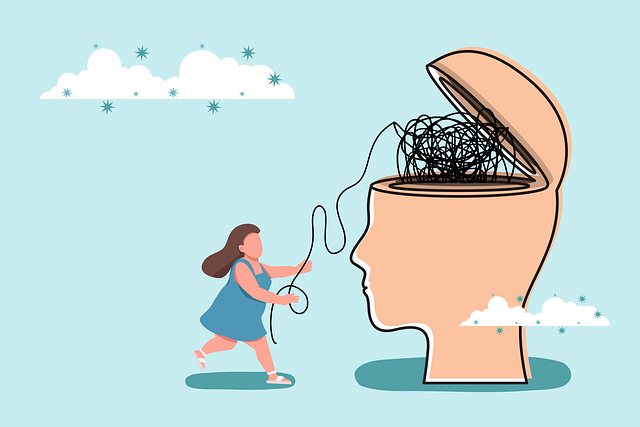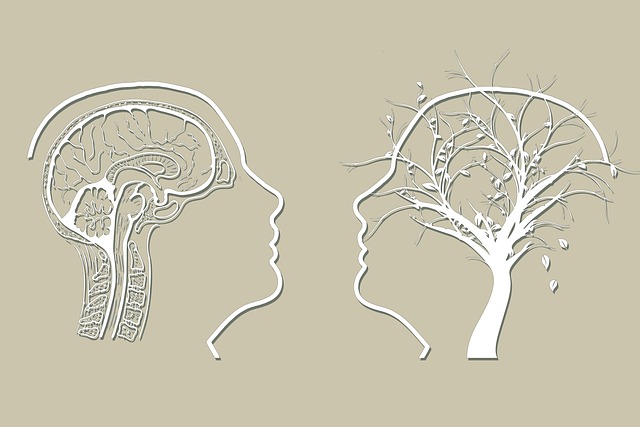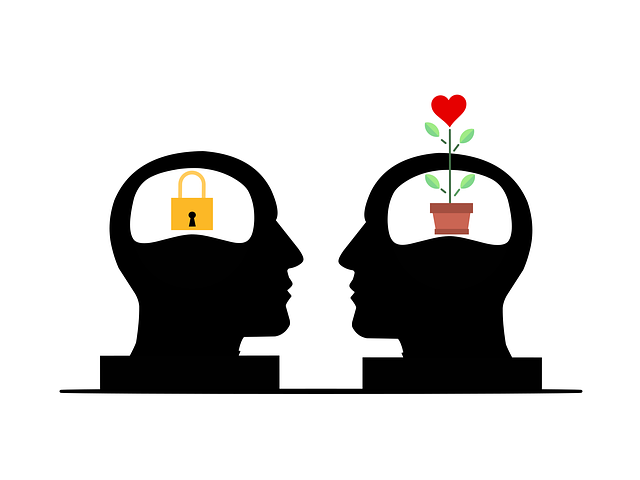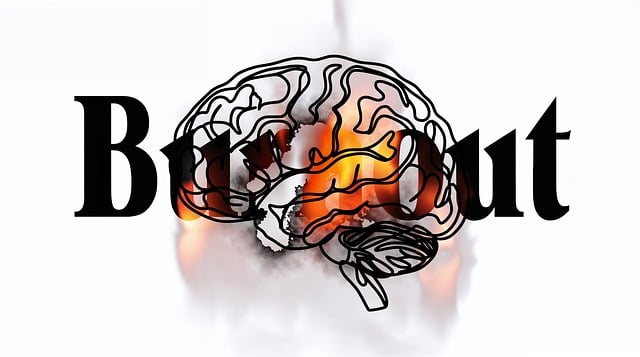Castle Rock Neuro Disorders Therapy (CRNDT) offers specialized Social Skills Training to address a critical gap in traditional therapy, focusing on empowering individuals with mental health conditions to navigate social interactions confidently. Through evidence-based techniques, self-awareness exercises, and emotional intelligence training, CRNDT fosters resilience, strengthens relationships, and enhances overall well-being by improving communication and promoting meaningful connections. Their holistic approach, including Mental Wellness Coaching Programs, Crisis Intervention Guidance, Self-Care Routine Development, and Mental Wellness Journaling Exercises, equips clients with tools to manage anxiety, depression, and social distress effectively, demonstrating the transformative power of CRNDT in promoting mental wellness.
Social skills training is a powerful tool for managing mental health conditions, offering a path to improved well-being. This comprehensive guide explores the intricate link between social abilities and mental health, delving into the challenges posed by disorders like anxiety and depression. We spotlight Castle Rock Neuro Disorders Therapy as a pioneering approach, showcasing its effectiveness in enhancing communication and interaction. Discover practical strategies for fostering connections and real-world success stories from individuals who have transformed their lives through targeted social skills training.
- Understanding the Link Between Social Skills and Mental Health
- Identifying Challenges Presented by Mental Health Conditions
- The Role of Castle Rock Neuro Disorders Therapy in Social Skills Training
- Effective Strategies for Enhancing Social Interaction and Communication
- Real-World Applications: Success Stories from Social Skills Training Programs
Understanding the Link Between Social Skills and Mental Health

In many cases, mental health conditions can significantly impact an individual’s social skills and overall ability to connect with others. This intricate link between social interactions and mental wellness is a crucial aspect often overlooked in traditional therapy models. Castle Rock Neuro Disorders Therapy recognizes this connection and offers specialized Social Skills Training tailored to address these unique challenges. Understanding the interplay between social abilities and mental health is essential for comprehensive healing and recovery.
The benefits of improving social skills extend far beyond mere conversation; they are integral to building resilience, fostering supportive relationships, and enhancing one’s sense of belonging. Mental Health Awareness advocates for recognizing that effective communication, empathy, and emotional regulation—key components of Social Skills Training—play a pivotal role in managing symptoms and promoting mental wellness. By incorporating evidence-based techniques into their practice, therapists at Castle Rock Neuro Disorders Therapy guide individuals toward mastering these skills, empowering them to navigate social situations with increased confidence and improved mental fortitude.
Identifying Challenges Presented by Mental Health Conditions

Mental health conditions often present unique challenges that impact an individual’s ability to navigate social interactions effectively. At Castle Rock Neuro Disorders Therapy, we recognize that disorders such as anxiety, depression, or bipolar disorder can hinder the development of essential social skills, leading to feelings of isolation and difficulty maintaining relationships. These conditions may cause individuals to struggle with self-awareness, emotional regulation, and understanding social cues, which are fundamental aspects of healthy interpersonal connections.
Through our specialized training programs, we help clients address these challenges head-on. Self-awareness exercises play a pivotal role in promoting introspection, allowing individuals to recognize their emotions and triggers. Additionally, conflict resolution techniques and emotional intelligence training empower people to navigate social situations with greater confidence and empathy. By mastering these skills, Castle Rock Neuro Disorders Therapy aims to enable its clients to foster meaningful connections, improve communication, and ultimately enhance their overall well-being.
The Role of Castle Rock Neuro Disorders Therapy in Social Skills Training

Castle Rock Neuro Disorders Therapy (CRNDT) plays a pivotal role in enhancing social skills for individuals grappling with mental health conditions. This specialized therapy approach recognizes that effective communication and interaction are essential components of recovery and overall well-being. CRNDT focuses on fostering inner strength development, empowering clients to navigate social situations with confidence. Through personalized sessions, therapists help individuals gain insights into their unique challenges, promoting self-awareness and understanding of others’ perspectives in various social contexts.
Incorporating Mental Wellness Coaching Programs within CRNDT, the therapy goes beyond traditional techniques by offering practical strategies for managing anxiety or depression in social settings. This holistic approach to mental health awareness encourages clients to develop resilience, enabling them to build meaningful connections and improve their overall quality of life. The result is a more inclusive and supportive environment where individuals can thrive, demonstrating that with the right tools and guidance, social skills training can be transformative for those seeking to enhance their mental wellness.
Effective Strategies for Enhancing Social Interaction and Communication

Social skills training is a powerful tool in supporting individuals with mental health conditions, such as those seeking Castle Rock Neuro Disorders Therapy. Effective strategies focus on enhancing communication and interaction by teaching practical techniques to navigate social situations more confidently. Crisis Intervention Guidance plays a crucial role in these sessions, offering immediate support during distressing moments, which can significantly improve an individual’s ability to manage their emotions and maintain healthy relationships.
One such strategy involves Self-Care Routine Development for Better Mental Health. By encouraging clients to establish structured routines, they learn to prioritize self-care, improve mood regulation, and foster meaningful connections. Additionally, Mental Wellness Journaling Exercise Guidance can be incorporated to promote self-reflection and awareness of one’s thoughts and feelings. This reflective practice allows individuals to track their progress, identify triggers, and develop coping mechanisms, ultimately enhancing their overall mental wellness.
Real-World Applications: Success Stories from Social Skills Training Programs

Social skills training programs have proven to be transformative tools in the realm of mental health support. These initiatives, often tailored to individuals with neurodisorders, offer real-world applications that inspire hope and recovery. At Castle Rock Neuro Disorders Therapy, for instance, specialized therapists employ social skills training as a game-changer in enhancing mental wellness. Through interactive workshops and one-on-one sessions, clients learn effective communication strategies, emotional regulation techniques, and adaptive behaviors tailored to their unique needs.
The success stories from these programs are numerous, with participants reporting improved self-confidence, better peer interactions, and enhanced overall quality of life. This approach not only empowers individuals to navigate social environments more comfortably but also equips them with valuable coping mechanisms for managing mental health challenges. For mental wellness advocates, integrating social skills training into treatment plans can significantly reduce risks, as highlighted in the risk assessment literature for mental health professionals.
Social skills training, such as that provided by Castle Rock Neuro Disorders Therapy, plays a pivotal role in addressing the social challenges associated with mental health conditions. By understanding the intricate link between social competencies and psychological well-being, individuals can learn effective strategies to enhance communication and interaction. Real-world success stories from social skills training programs highlight the transformative potential of this approach, offering hope for improved quality of life and enhanced social integration for those navigating mental health journeys.


